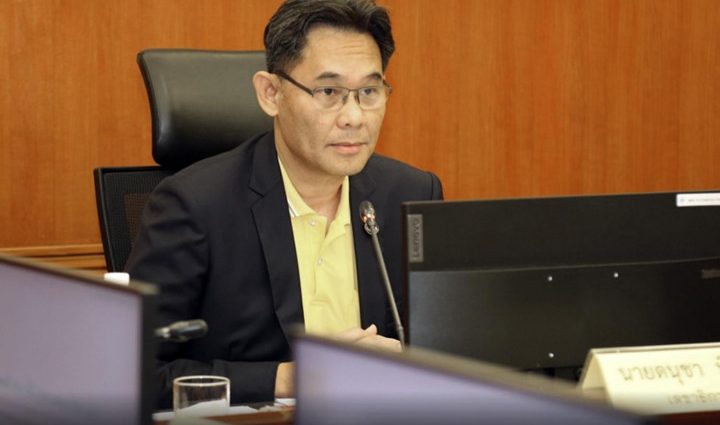Increase in unethical posts sparks concern

The government should rein in social media influencers to prevent them from churning out unethical or even illegal content, suggested the Office of the National Economic and Social Development Council (NESDC).
Danucha Pichayanan, NESDC secretary-general, said on Monday the council felt the Media Standard, Ethics, and Freedom Protection Act should be expanded to cover online content creators.
He pointed to the need to have a regulation which would allow authorities to closely monitor content bound for social media to ensure they are in compliance with the law.
The NESDC secretary-general also said the expanded law needs to define the term “social media” in an effort to improve enforcement.
Mr Danucha made the remarks in response to the latest Thailand Social’s Outlook on social media trends, which found the increased role online content creators and influencers have in the promotion of some vices, such as online gambling.
He said there is an urgent need to regulate the sector, as according to a report by data analytics firm Nielsen, as of 2022, Thailand has two million people who are considered to be influencers — second only to Indonesia in Southeast Asia.
Last year, influencers and content creators generated economic value worth at least US$19 billion (681 billion baht) globally, and the value is forecast to reach $140.3 billion by 2030, according to Nielsen’s report.
The enormous economic prospects are drawing more and more people to join in.
Mr Danucha said that Thai influencers can make up to 800,000 baht per social media post depending on their visibility and popularity, which has led to a high competition on content production and engagement attraction.
In the race to produce social media content, some influencers are opting to break from convention and produce unethical or even illegal content to capture audience and increase engagements, which translate into revenue for them.
Their strategy to increase engagement ranges from using fake news to drawing attention to the promotion of online gambling.
According to Mr Danucha, 7,394 accounts across the internet were found to have published 5,061 fake news stories last year.
Moreover, the Centre for Gambling Studies at Chulalongkorn University reported that 87.7% of the 740,000 new-face gamblers last year were attracted by online advertisements.
He noted other types of content may also cause adverse impacts on society.
Content which show influences flaunting their wealth have caught on well with Thai netizens, for instance, despite the fact they go against social conventions and value, Mr Danucha said, citing a study by Mahidol University which showed 74.8% of Gen Z netizens liked such content.
Other dubious content involve invasion of privacy and copyright violations, especially those where influencers retell their take on news stories, without citing the sources or keeping sensitive details confidential.
Also, a number of influencers have been blamed for setting unrealistic beauty standards for people in society, he added.
Mr Danucha suggested updating related laws including the Computer Crime Act and the Consumer Protection Act to keep up with fast-changing trends in content creation.
He noted countries like China, the United Kingdom, and Norway have come up with regulations on social media content.

